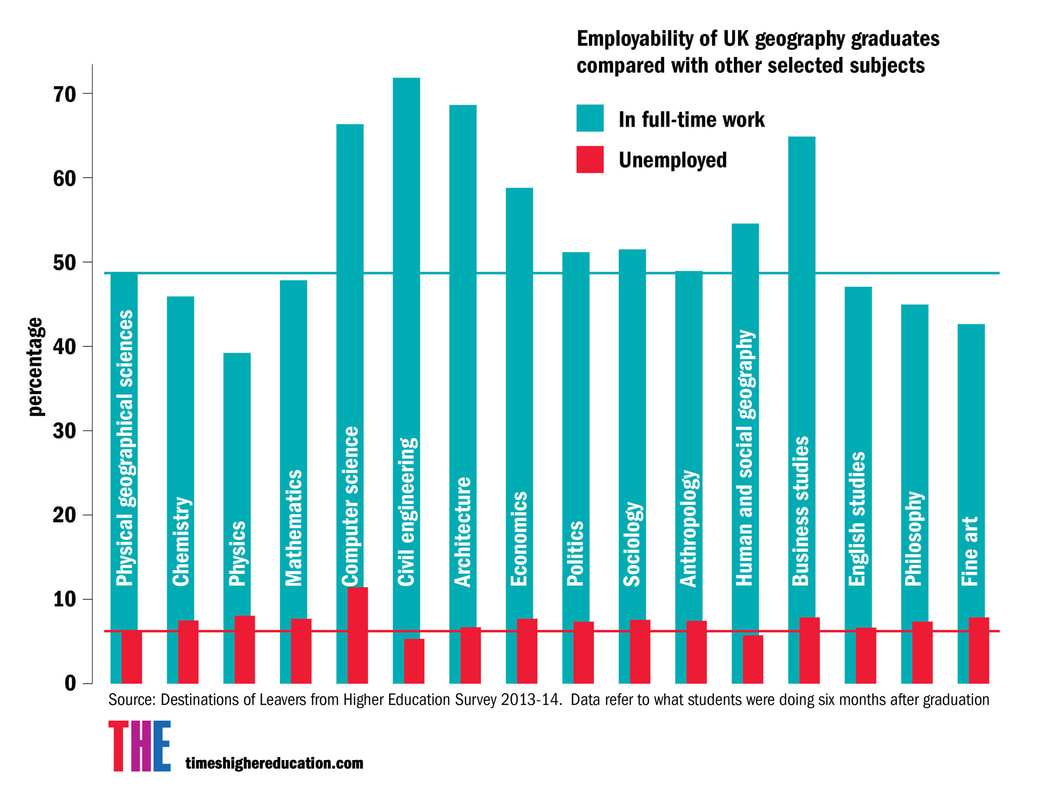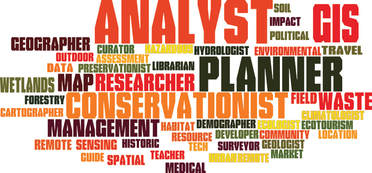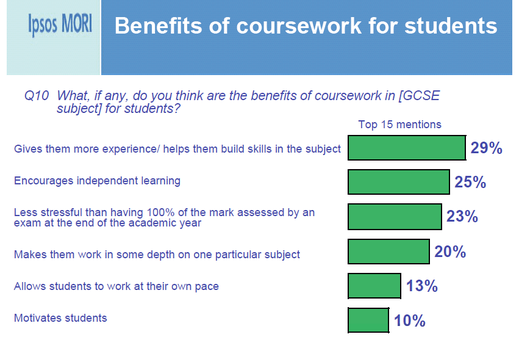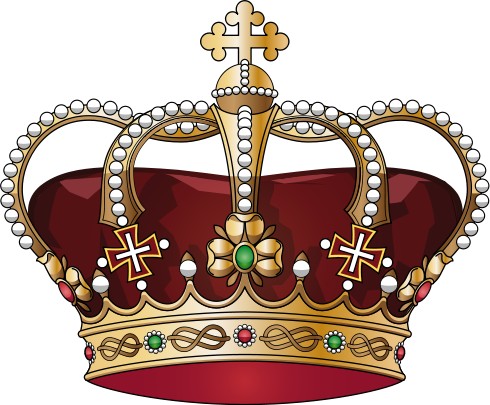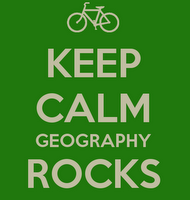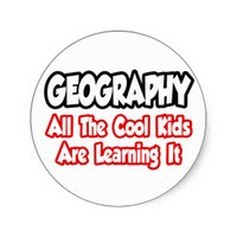The best reason for studying any subject is because you enjoy it! If you need a little more convincing here are some great reasons:
1. Geography is a 'facilitating subject' and helps you with university applications.
|
Advice from the Russell Group (24 of the UK's leading Universities)
Dr Wendy Piatt, Director General of the Russell Group, said: “Our consistent advice is that taking two facilitating subjects will keep a wide range of degree courses and career options open to you. This is because these are the subjects most commonly required by our universities and hundreds of courses require one or more facilitating subjects." http://www.russellgroup.ac.uk/ |
2. Geography is a successful career path.
|
What can I do with geography?
The careers open to you as a geographer are many and diverse. Geography is employable and many companies like the skills that you will bring to them. |
|
3. Geography is a diverse and interesting subject.
4. Geography at IB DP level has course work worth 20% in Higher Level and 25% in Standard Level.
5. Geography is Fun.
|
|
|
6. Famous people study Geography
|
Will you be the next...
The most famous former geography student is Prince William (the Duke of Cambridge) of the United Kingdom who studied geography at the University of St. Andrews in Scotland; having switched from studying the history of art.It is claimed that basketball great Michael Jordan was a geography major in college and that Mother Theresa taught geography. The U.K. claims two additional famous geographers - John Patten who was a member of Margaret Thatcher's government as Education Minister and Rob Andrew who was an England Rugby Union Player. From Chile, former dictator Augusto Pinochet is usually cited as a geographer; he wrote some five books on geopolitics, geography, and military history while associated with Chile's Military School. Hungarian Pál Count Teleki de Szék [Paul Teleki] was a university professor of geography, member of the Hungarian Academy of Sciences, Hungarian Parliament, and Prime Minister of Hungary 1920-21 and 1939-41. He also wrote a history of Hungary, and was active in Hungarian scouting. His reputation is not great since he governed Hungary during the ramp-up to WWII and was in power when anti-Jewish laws were enacted. He committed suicide over disputes with the army. Finally, there is Russian Peter Kropotkin [Pyotr Alexeyevich Kropotkin], a working geographer, secretary of the Russian Geographical Society in the 1860s, and, later, anarchist and communist revolutionary. Article link |



